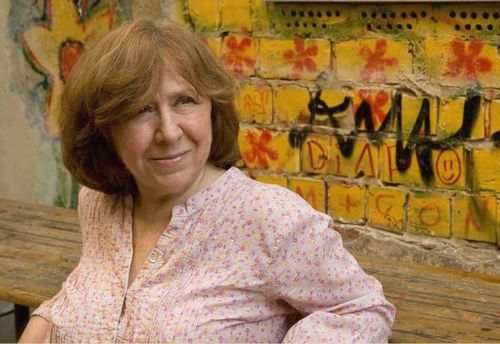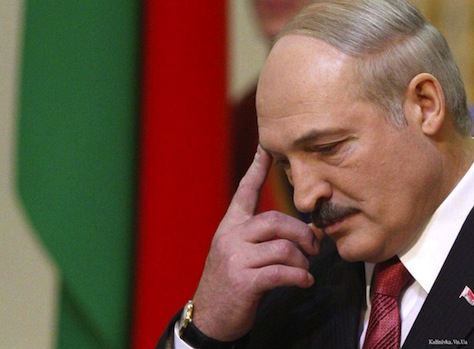
Everyone expects the Nobel Peace Prize to have a political meaning.![]()
![]()
![]()
By the very nature of the prize, it’s not surprising when the Oslo-based awarding committee makes a decision that is affected by — or that subsequently affects — international politics. That follows almost directly from the very words that Swedish chemist Alfred Nobel used to describe the prize’s qualifications:
The most or the best work for fraternity between nations, for the abolition or reduction of standing armies and for the holding and promotion of peace congresses.
That was true earlier this morning, when Tunisia’s National Dialogue Quartet received the 2015 Nobel Peace Prize. The decision highlights Tunisia’s peaceful transition to democracy and the crucial role that the quarter played in late 2013 to salvage Tunisia’s fragile transition. With an economy that’s still struggling, Tunisia nevertheless remains the only Arab Spring country to depose its leader that is also still working to enshrine a democratic system of government. Libya, Syria and Yemen are locked in anarchy or civil war, and Egypt’s democratically elected president, Islamist Mohammed Morsi, was deposed in a 2013 coup by the Egyptian military. The award is a reminder that the Arab Spring really did bring forth some good in one of the most difficult regions of the world. As the awarding committee itself noted, the prize is essentially a nod to the Tunisian people themselves:
More than anything, the prize is intended as an encouragement to the Tunisian people, who despite major challenges have laid the groundwork for a national fraternity which the Committee hopes will serve as an example to be followed by other countries.
*****
RELATED: How Tunisia became the success story of the Arab Spring
*****
But it was arguably Thursday’s prize to Svetlana Alexievich for literature that makes the bolder and more timely political statement, even though it was awarded by the Swedish Academy (and not by the Norwegian Peace Prize selection committee).
The award would have been edgy enough solely because the Swedish Academy awarded the prize to a nonfiction writer and a journalist. As Philip Gourevitch wrote in The New Yorker in October 2014, the Prize has historically favored fiction over nonfiction, and most especially over contemporary journalism.
Literature prize a shot against Lukashenko — and Putin
But Alexievich’s award — for ‘her polyphonic writings, a monument to suffering and courage in our time’ — came just three days before a sham election in Belarus.
Continue reading Literature and Peace prizes both send potent political messages

